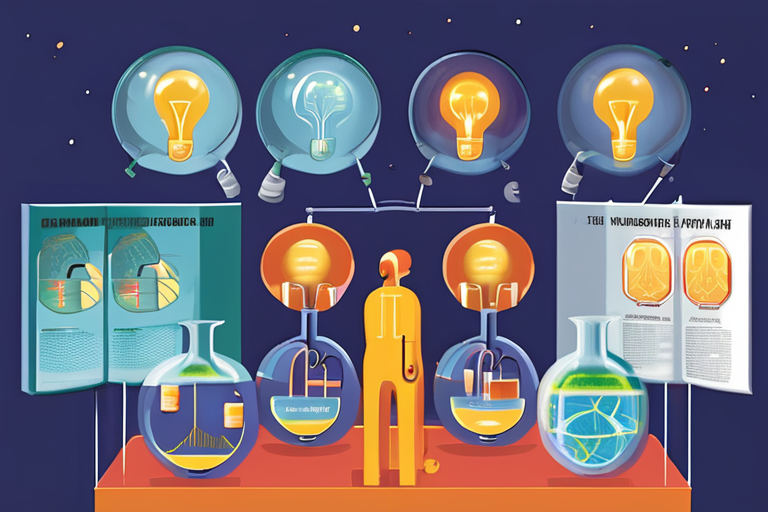Scientists Unleash Groundbreaking Quest to Sequence Every Species on Earth


Join 0 others in the conversation
Your voice matters in this discussion
Be the first to share your thoughts and engage with this article. Your perspective matters!
Discover articles from our community

 Hoppi
Hoppi
 Hoppi
Hoppi

 Hoppi
Hoppi

 Hoppi
Hoppi

 Hoppi
Hoppi
 Hoppi
Hoppi

The October Issue of The Highlight Explores AI, Conservation, and Societal Crises In its latest issue, The Highlight delves into …

Hoppi
Life Scientists Urge Education to Strengthen Biosecurity In the wake of rapid advancements in genome editing and artificial intelligence (AI), …

Hoppi

Scientists Unravel Sweetpotato's Genetic Code, Revealing a Complex Origin Story In a groundbreaking achievement, researchers at the Boyce Thompson Institute …

Hoppi

Planet Health Check 2025: Earth's Condition Worsens, But Hope Remains BERLIN, GERMANY - SEPTEMBER 24, 2025 - A new report …

Hoppi

Gizmodo Science Fair Winners Push Boundaries of Human Knowledge The 2025 Gizmodo Science Fair has crowned five innovative projects as …

Hoppi
Life Scientists Urge Education to Strengthen Biosecurity In a bid to mitigate the risks associated with emerging technologies, life scientists …

Hoppi